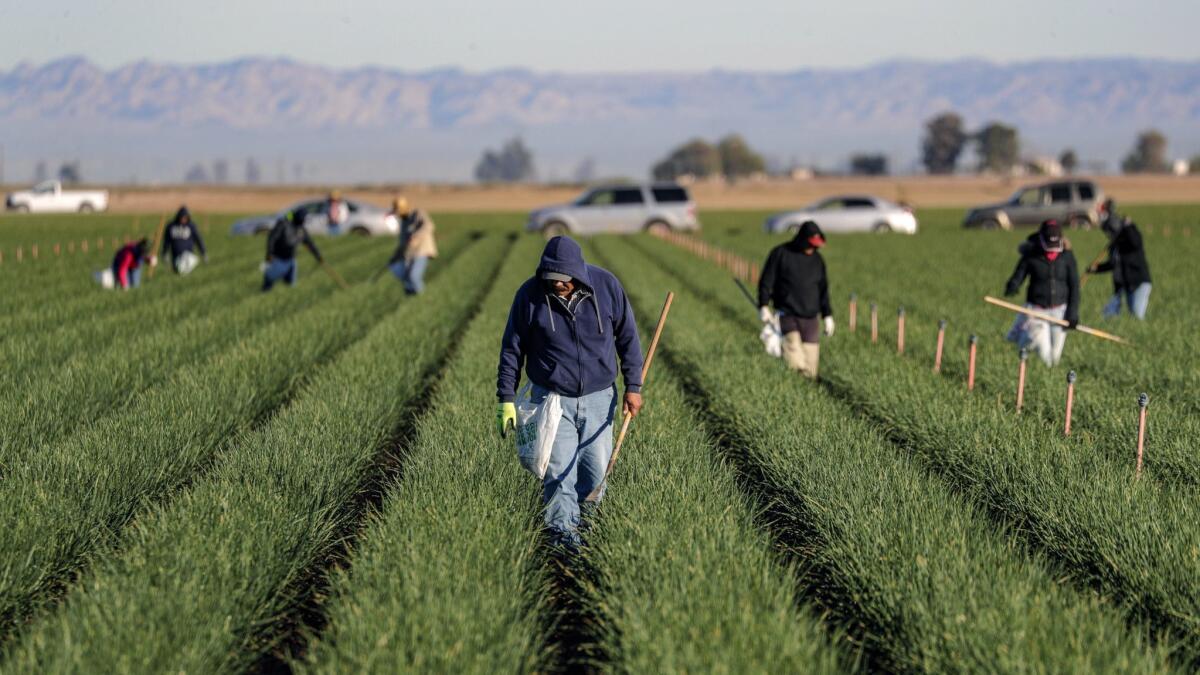When many think of California’s agricultural system, they might imagine rows of green fields, red farmhouses, or the rainbow of produce lining the grocery store shelves. They don’t often think of the workers behind the plants. However, these workers gained recognition of their importance when they, and consequently the entire California agriculture system, were disproportionally impacted by the U.S. Immigration and Customs Enforcement (I.C.E.) raids over the past few months.
When Trump’s administration entered office in January 2025, the country saw a massive increase in the deportation of undocumented immigrants. Over the first 100 days, the administration began to rapidly ramp up the discovery and deportation of illegal immigrants around the country.
In Southern California alone, arrests rose from under 700 in May 2024 to over 2,000 in June 2025. According to the I.C.E. website, since Trump’s inauguration, the administration has arrested “…66,463 illegal aliens and removed 65,682 aliens”. Although these raids have impacted many industries across the country, the agricultural industry in California has taken one of the biggest hits.
One of the largest economies in the world, the state of California’s agriculture industry produces 75% of United States’ fruits/nuts and 33% of the country’s vegetables. Additionally, according to a recent study by UC Merced and the Bay Area Council Economic Institute, “Of California’s 10.6 million immigrants, …2.28 million are undocumented –representing one in five immigrants and 8% of all workers in California.” Because such a large portion of California’s agriculture workers are at risk to be deported by the I.C.E. officers, many of them have been staying home from work out of fear.
When these workers do not show up to work, the $49 billion dollar industry that is California’s agriculture starts to lose money. The same study by UC Merced and the Bay Area Council Economic Institute states that “Without undocumented workers, GDP generated by California’s agriculture industry would contract by 14%.” The impact of I.C.E. raids are a loss of almost 8 billion dollars across the entire industry.
But what does this mean for us? For the common consumer, a booming industry losing some labor and money might not seem like a big deal. However, the impacts of these raids will eventually fall on consumers. As less workers occupy the fields, less crops will be harvested, leading to less stock on grocery store shelves and increased prices. The less amount of a certain crop there is, the more expensive its price will be. The less workers there are in the fields, the larger the grocery store bill at the end of a shopping trip. Though they might not seem connected at first glance, I.C.E. raids are indirectly responsible for these raised bills.
With I.C.E. raids continuing around the country, it’s hard to know what the future holds for immigrant labor. Still, the everyday consumer must recognize the importance of all the components that go into their purchases, and how outside factors can make their bills larger at the end of the day.
























































